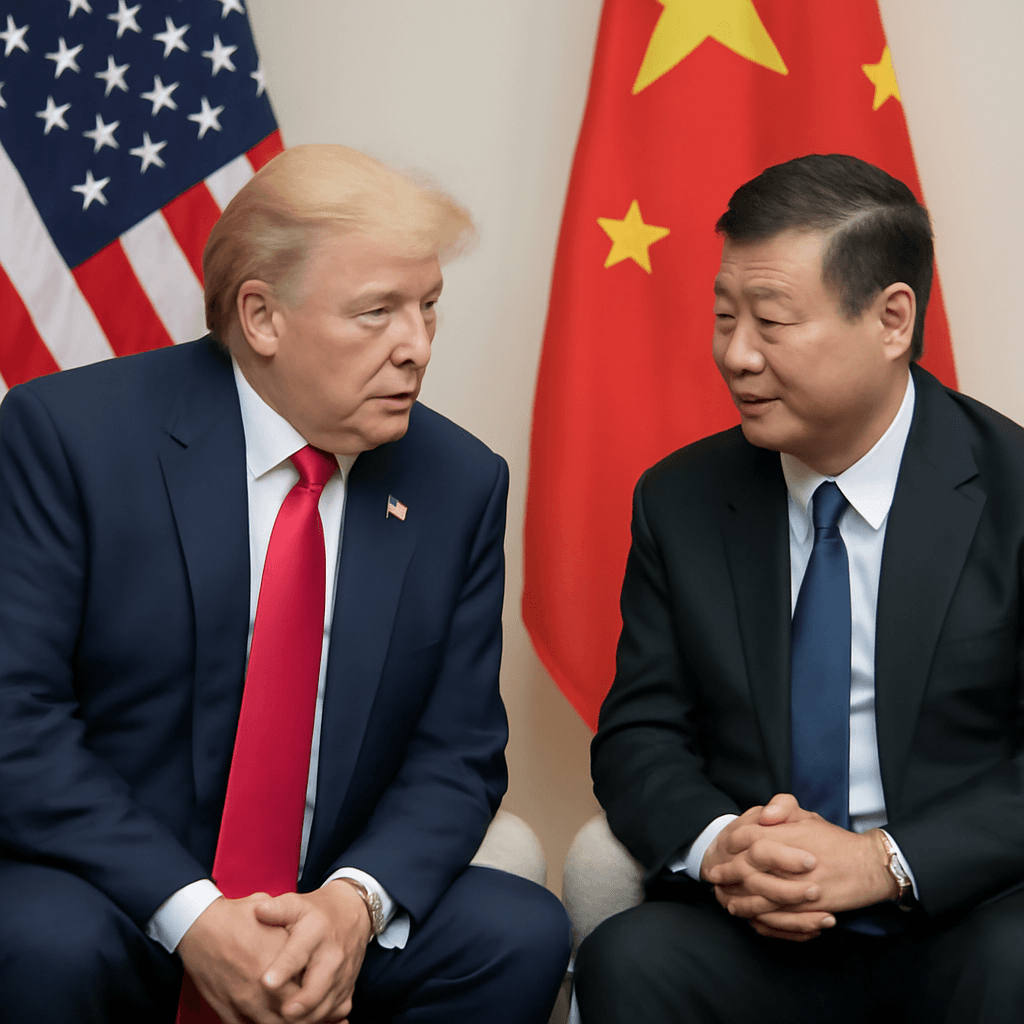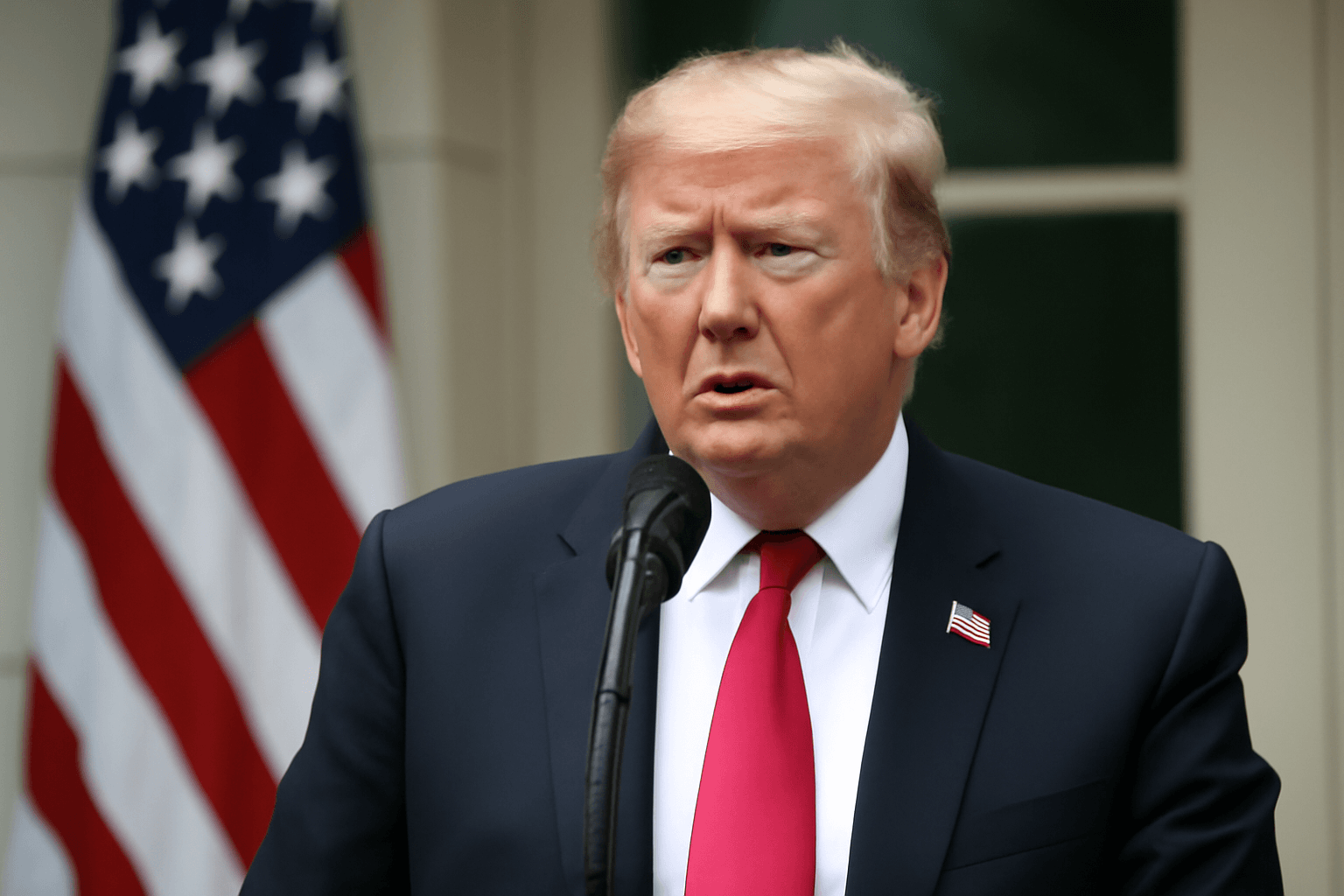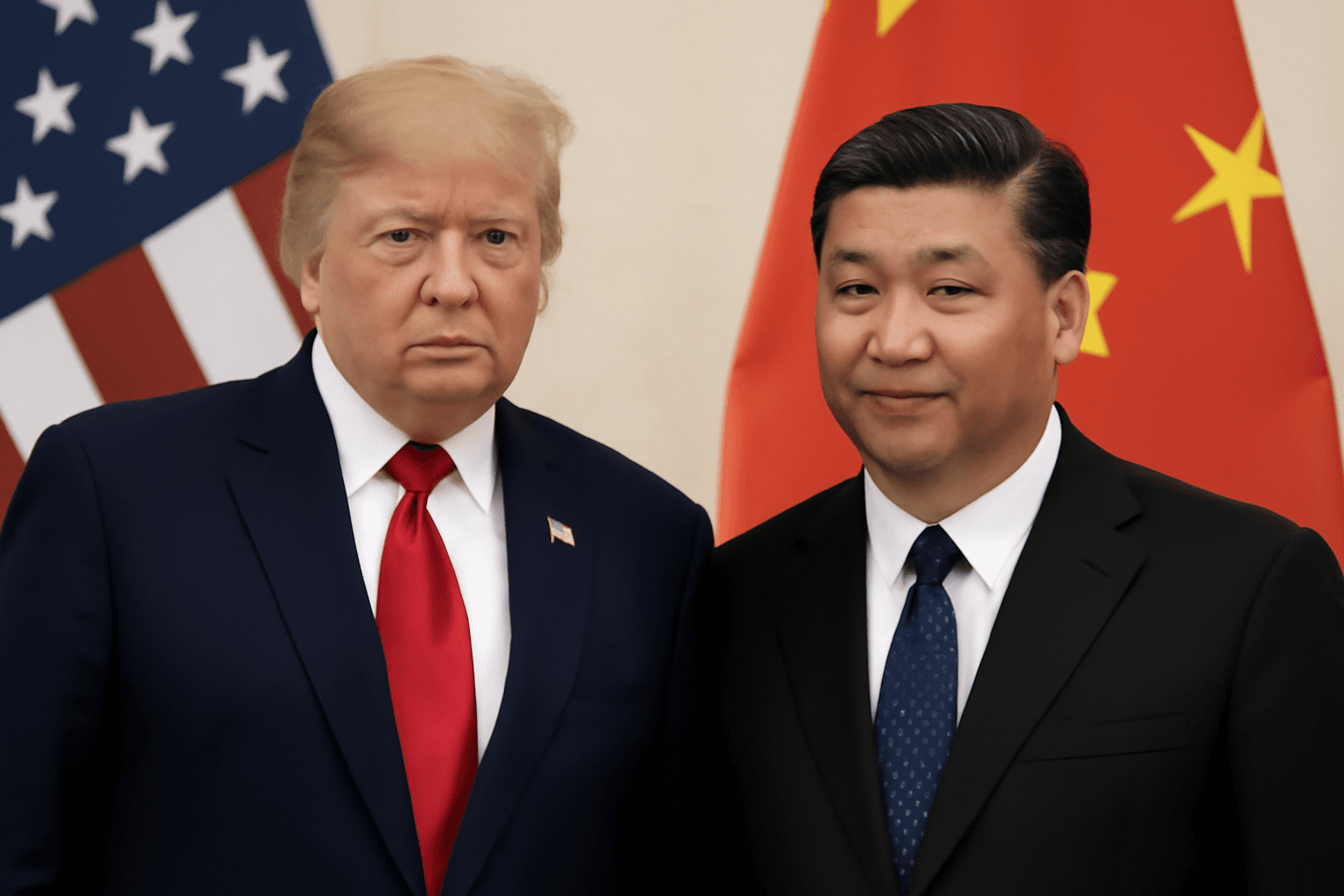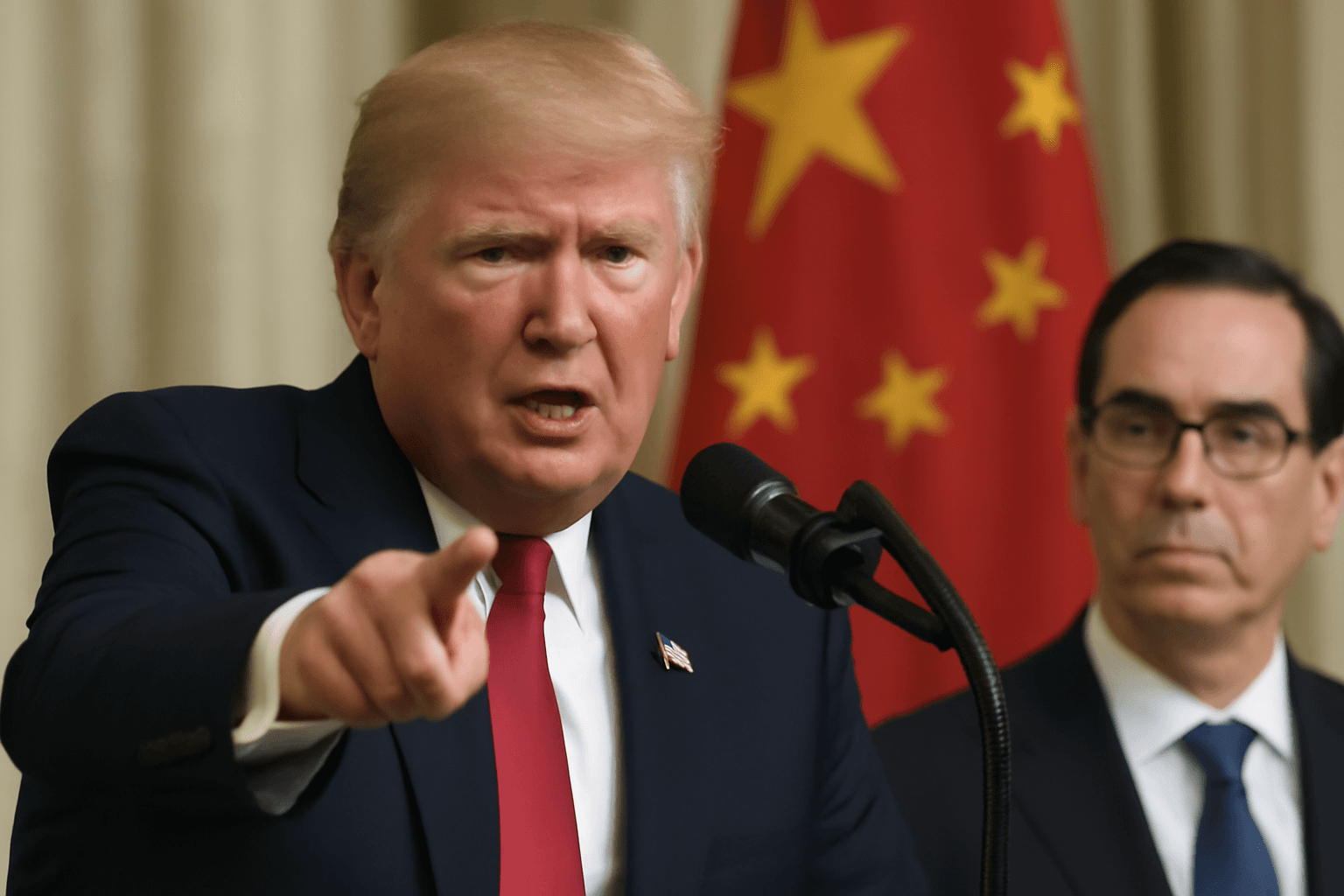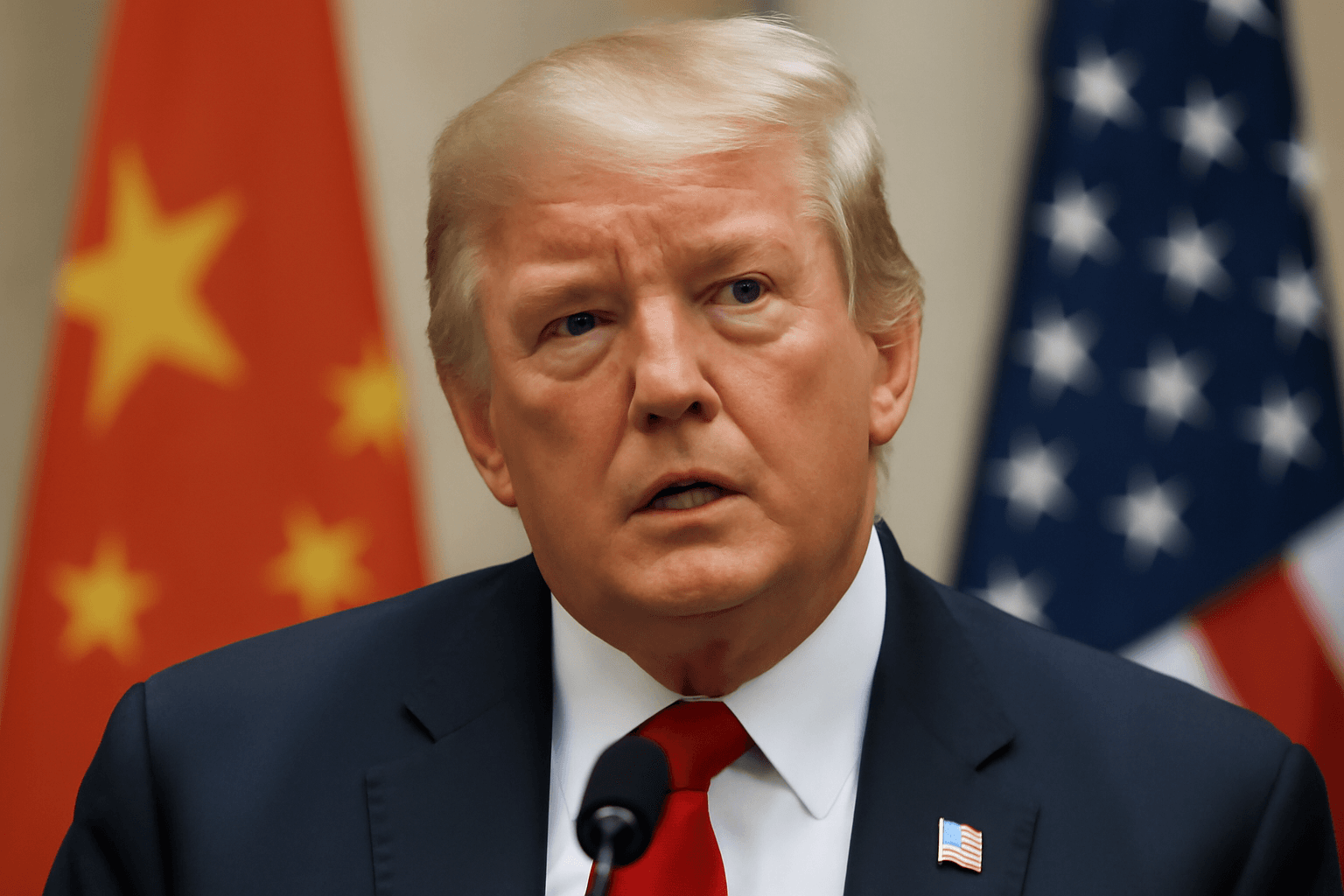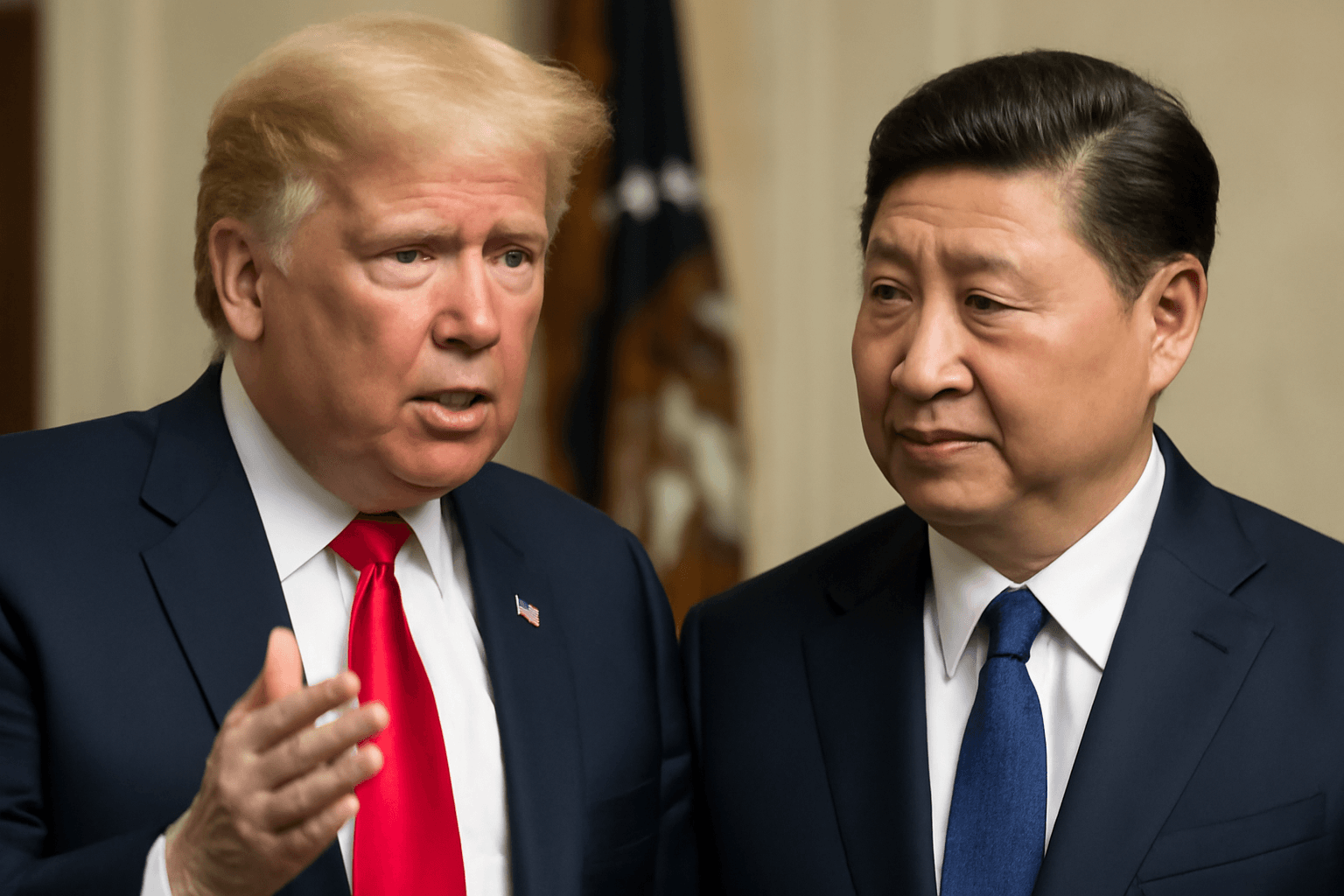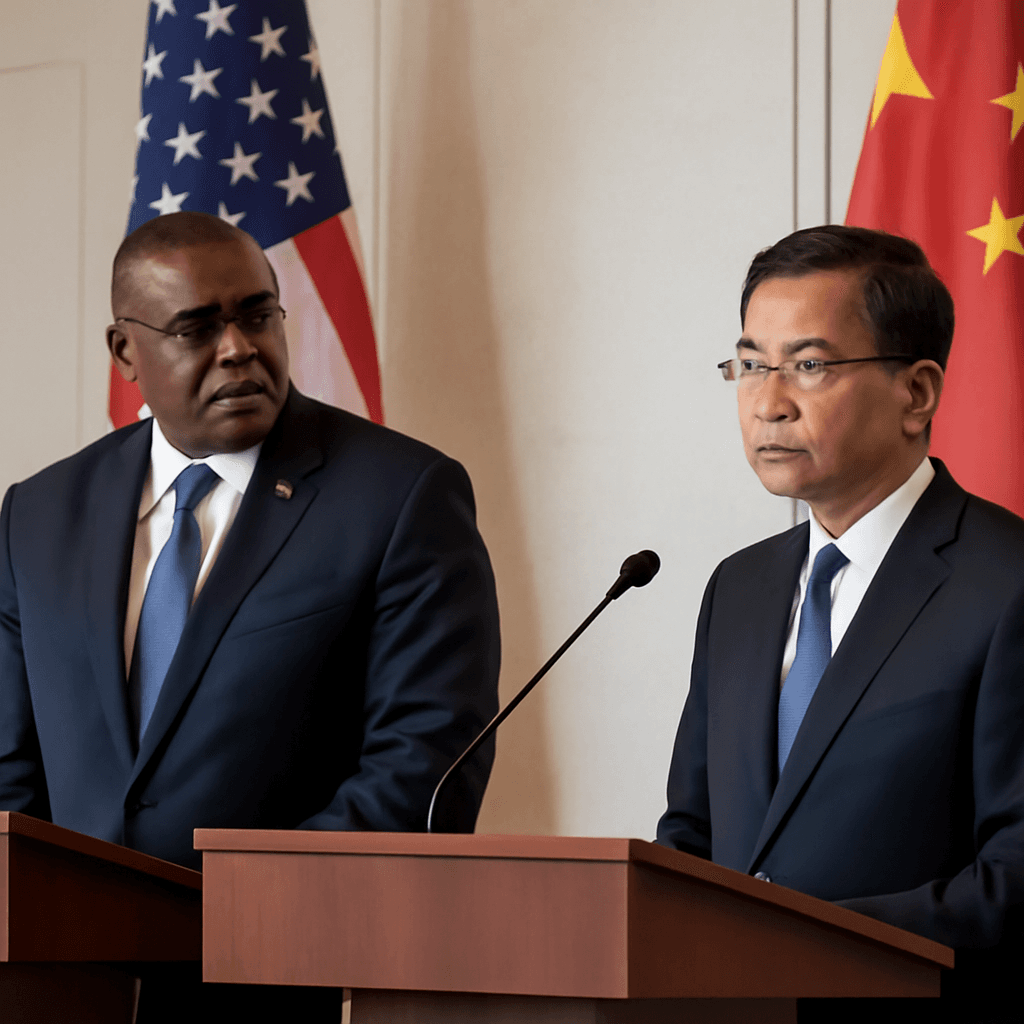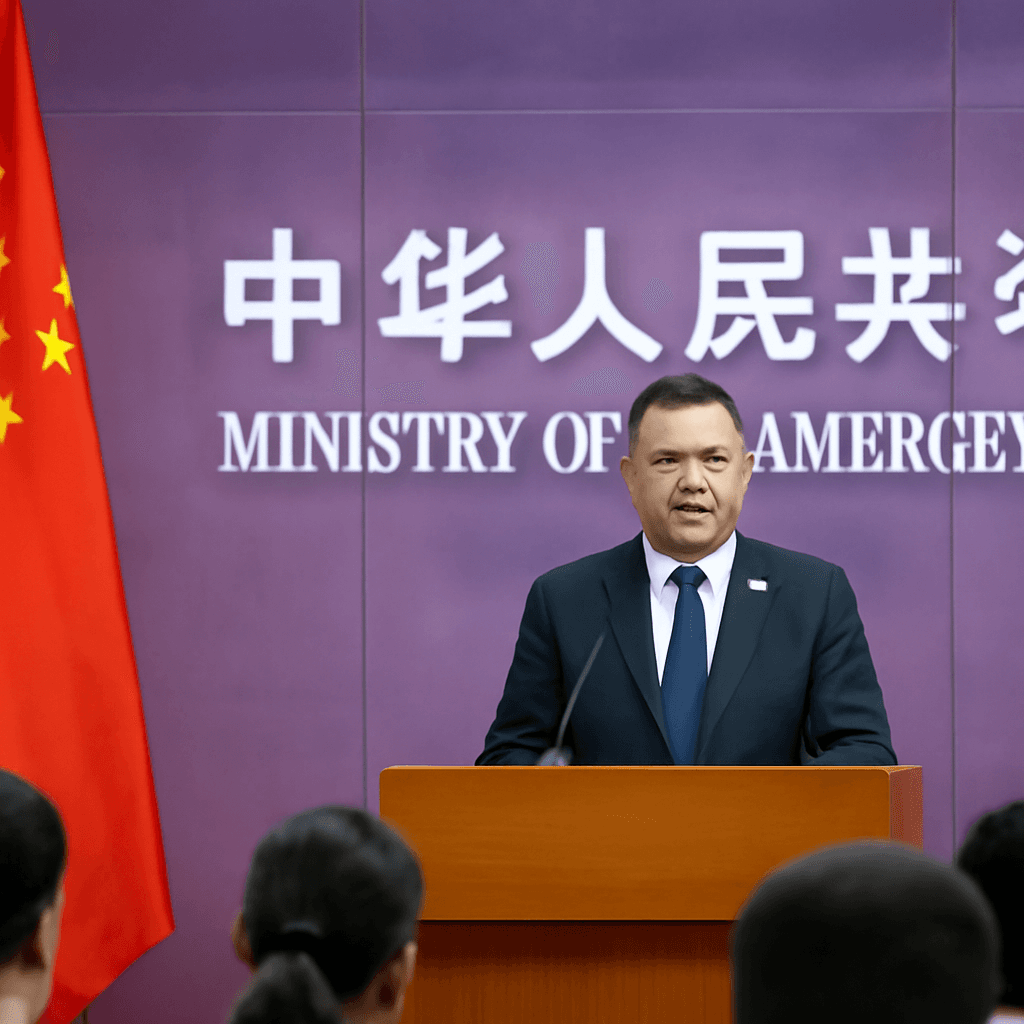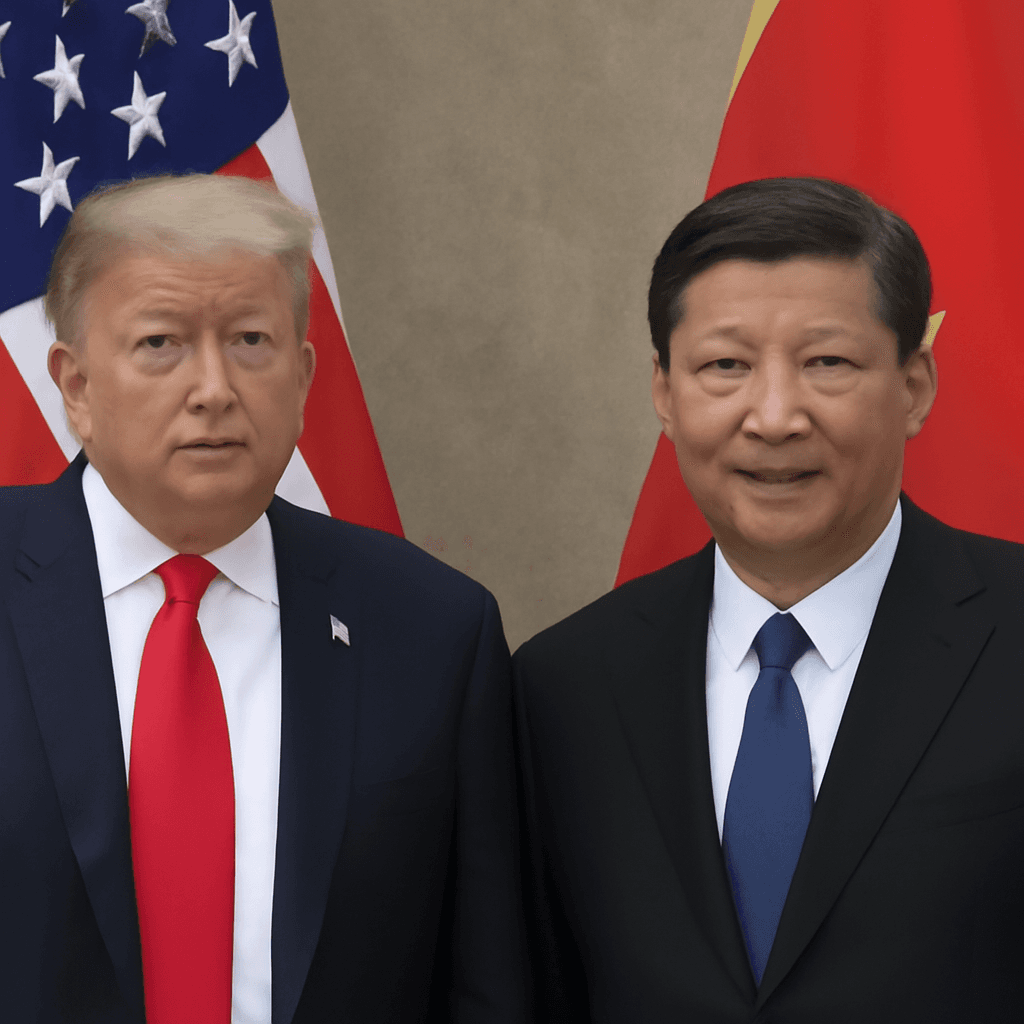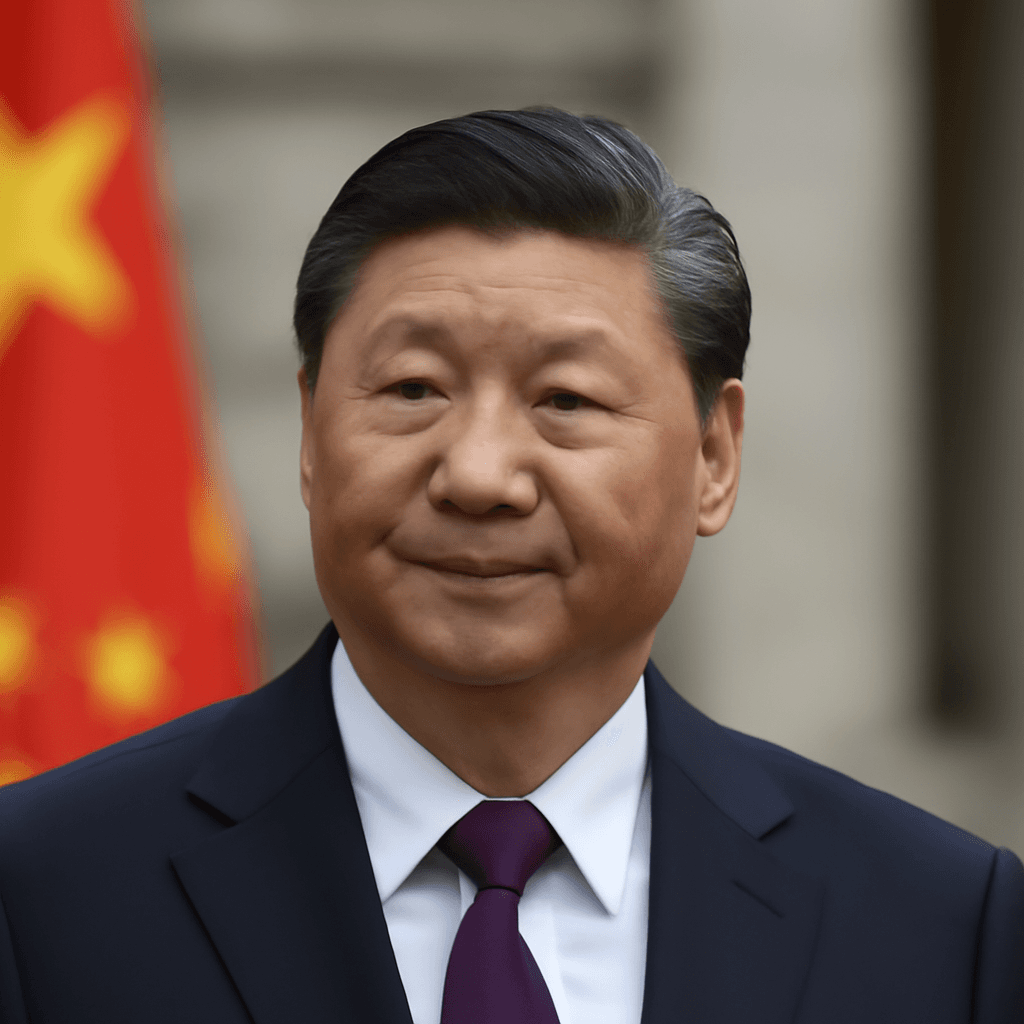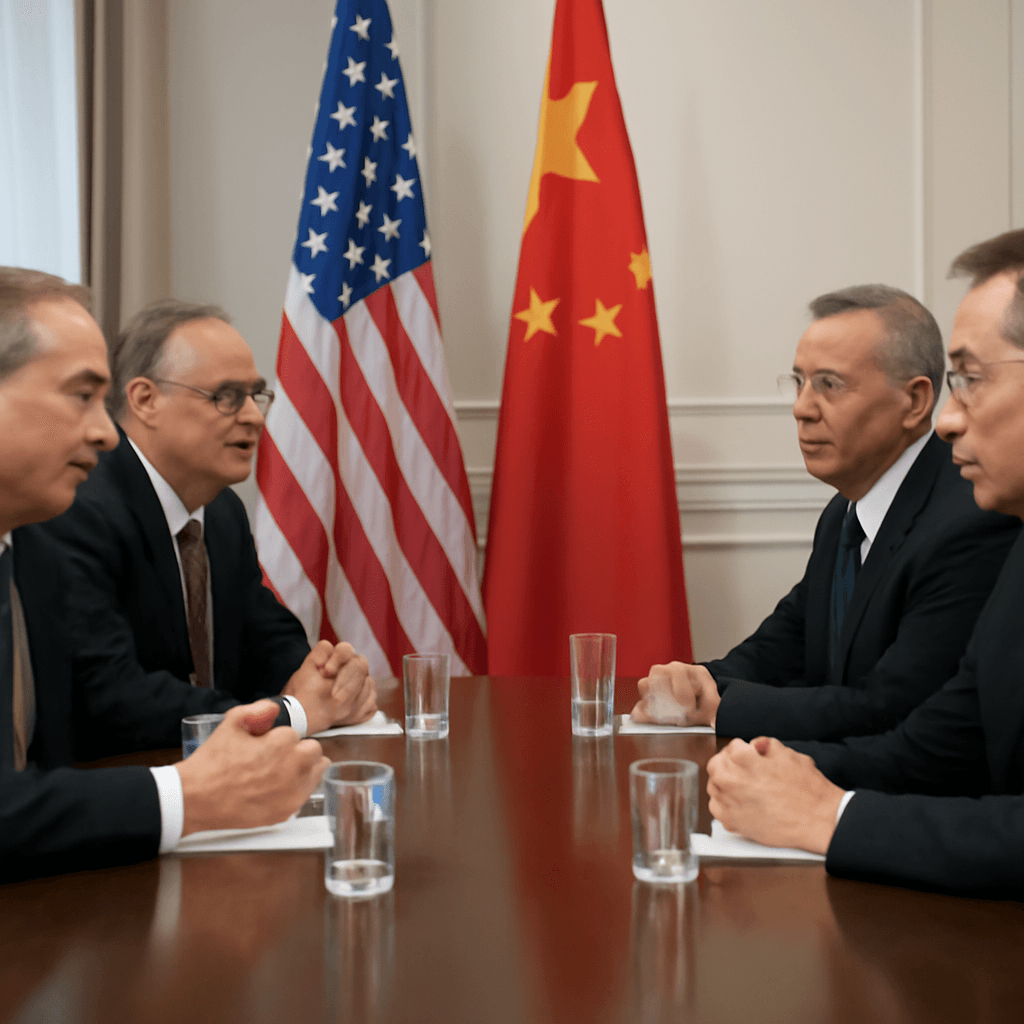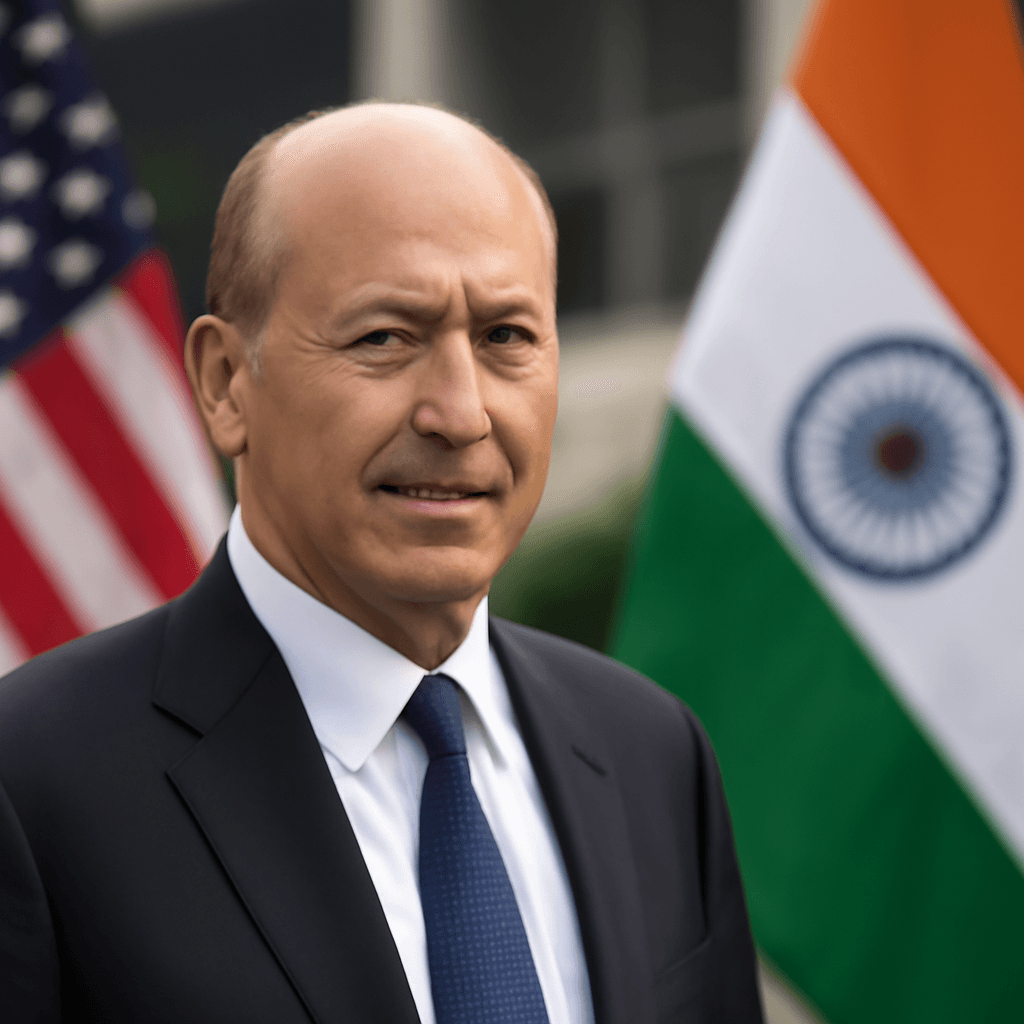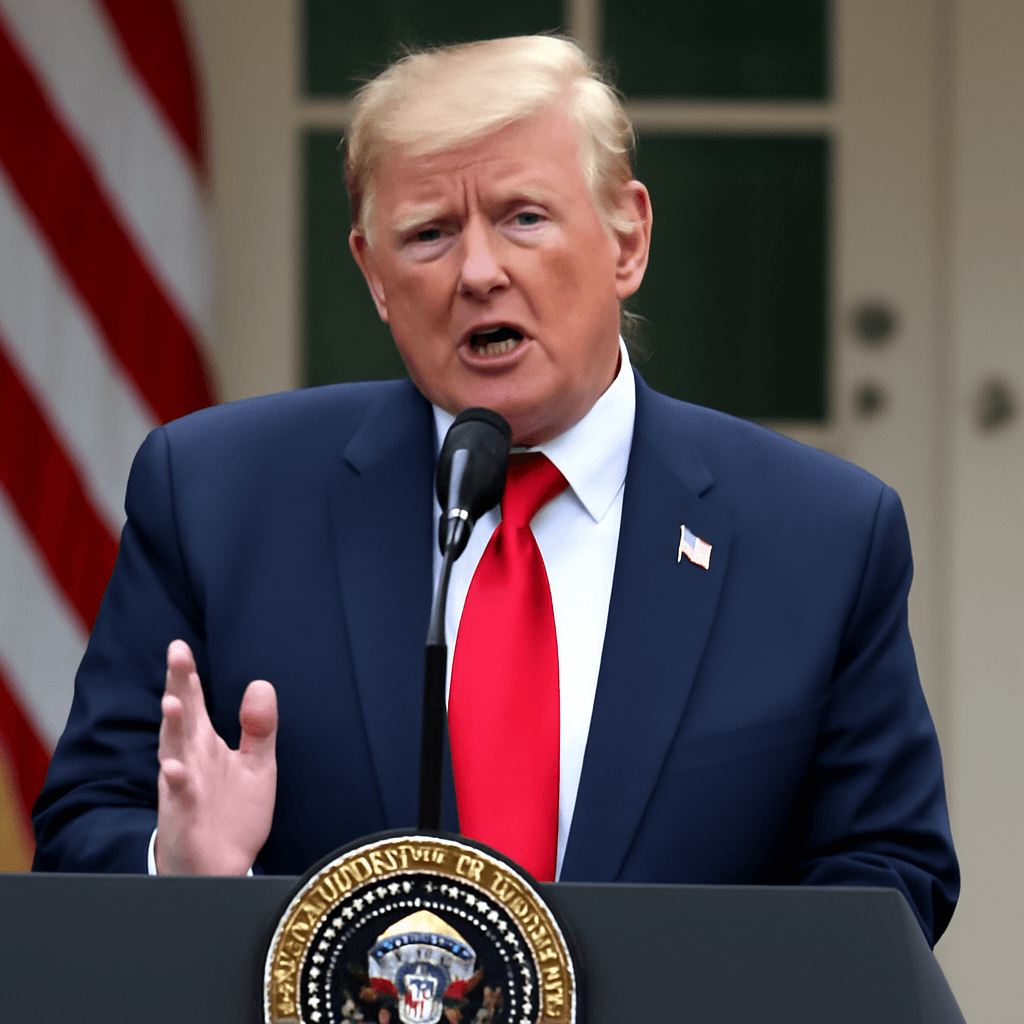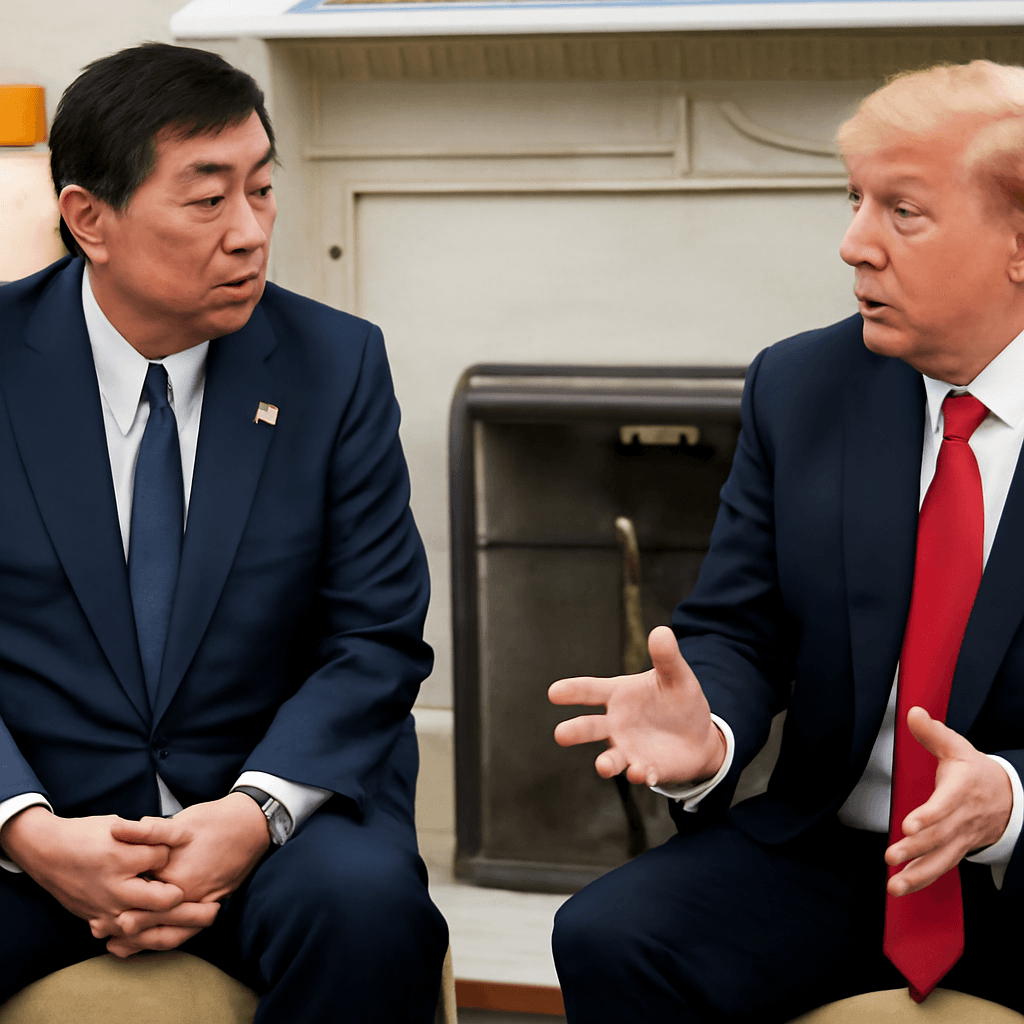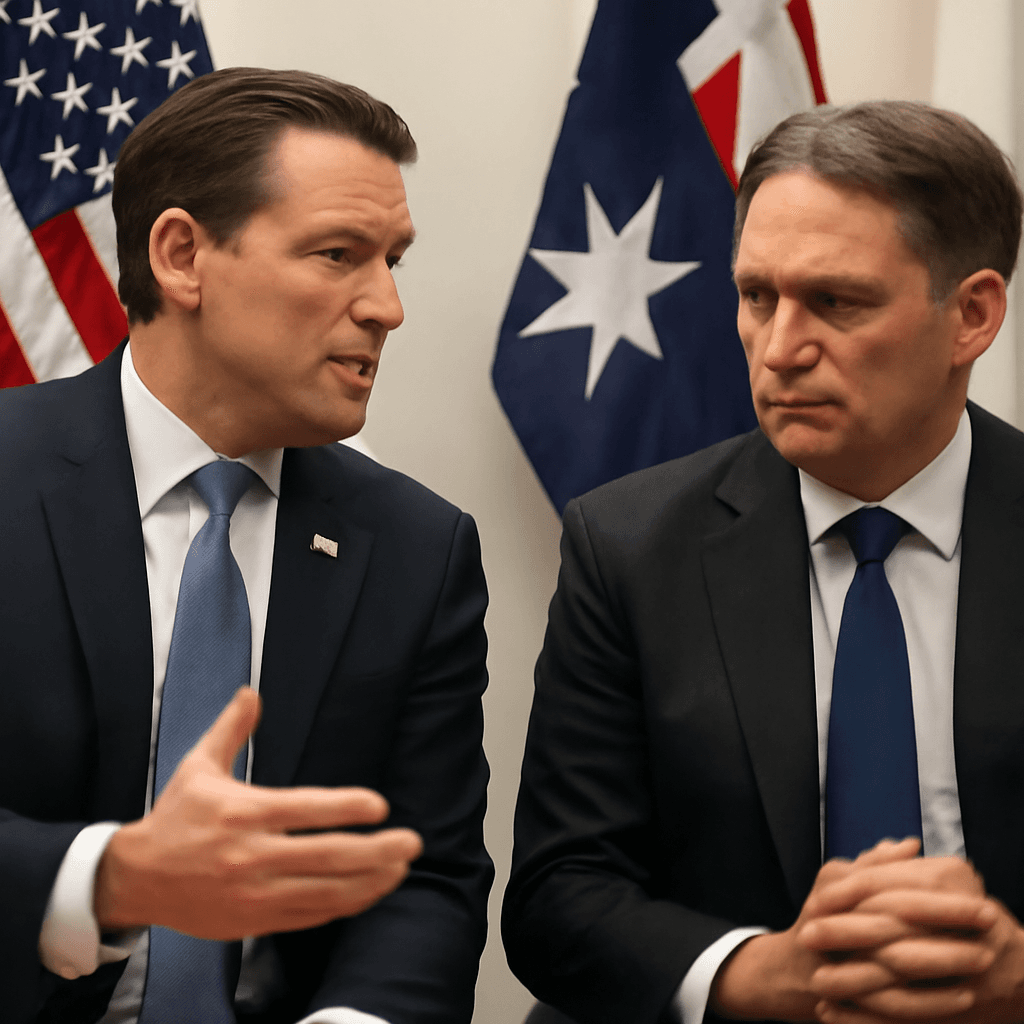US-China Leaders Anticipated to Discuss Ongoing Trade Dispute
President Donald Trump and Chinese President Xi Jinping are projected to engage in talks soon to address the escalating trade tensions, particularly concerning tariffs on critical minerals. Treasury Secretary Scott Bessent indicated the discussions aim to resolve issues arising from recent disagreements over mineral supply chain restrictions.
Concerns Over Mineral Export Restrictions
On May 30, President Trump accused China of violating a bilateral deal designed to reduce tariffs and ease access to key minerals crucial for global industries. These minerals underpin multiple manufacturing sectors worldwide, prompting concerns about supply chain reliability.
Bessent remarked, "China is withholding products essential for industrial supply chains not only in the US but also in other regions like India and Europe. Such actions are inconsistent with the commitments of a dependable trade partner."
He further added that the upcoming conversation between Trump and Xi could clarify whether these restrictions are due to internal issues within China or a deliberate strategy.
Progress and Expectations for Diplomatic Dialogue
Although there has been no recent direct communication between the two leaders as of April, expectations are high for a constructive phone call. White House economic adviser Kevin Hassett confirmed that while no specific date has been set, preparations are underway to discuss progress since the Geneva agreement reached last month, which addressed tariff concerns.
Hassett stated, "We anticipate a positive and productive conversation between President Trump and President Xi regarding trade negotiations this week."
Background: Tariff Escalations and Temporary De-escalation
Since the return of President Trump to office, the US has imposed broad tariffs on numerous international trading partners, with especially steep levies on goods from China. The escalating tit-for-tat tariffs on both sides at one point exceeded 100%, exacerbating trade tensions and impacting global markets.
However, a recent de-escalation effort reduced tariffs significantly:
- US tariffs on Chinese imports lowered from 145% to 30% temporarily.
- China reduced its additional duties from 125% to 10%.
This mutual easing aims to facilitate negotiations and stabilize trade relations amid ongoing discussions.
Outlook
The forthcoming conversations between President Trump and President Xi will be critical in determining the future trajectory of US-China trade relations, particularly regarding essential mineral supplies that have broader implications for global industrial supply chains.

